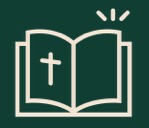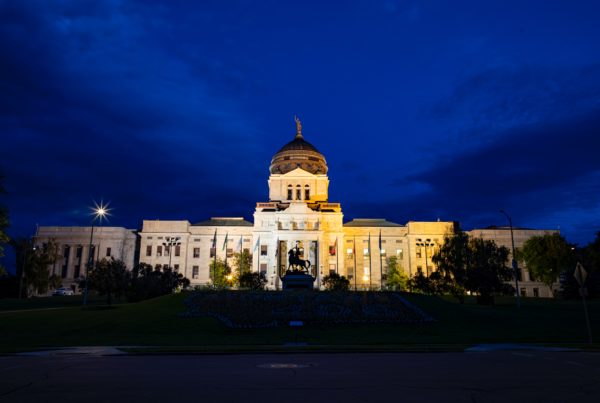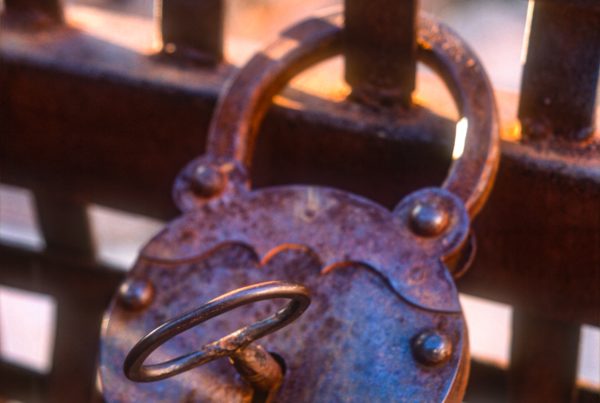Basic Introduction to the Book of Genesis
Author. First Readers. Date.
Moses is credited with having written and compiled the book of Genesis along with the first five books of Scripture. The Jews call those books the “Torah,” because in those books the Law of Moses is contained (Numbers 33:2, Deuteronomy .31:24, John 5:46) Christians use the word “Pentateuch,” which in Greek means “Five Books,” to reference the same thing. Christians will sometimes use the terms interchangeably, but Jews do not.
Moses put these books together around 1500 B.C. The first readers of were recently freed Israelite slaves. Moses likely produced his work South of Edom, somewhere below the Dead Sea region, during the wilderness period of the exodus.
Major Themes
Creation, fall, flood, patriarchs is a common summary of Genesis. A more spiritual and redemptive look is – Creation, Sin, Re-Creation – which is exactly what God was doing.
The Outline
(1) Creation – God Made the Heavens and the Earth out of nothing Genesis 1:1-2
(2) 7 Days – Genesis 1:3-2:3
- Day One: Light and Dark are separated v. 3-5
- Day Two: Firmament separates air from water v.6-8
- Day Three: Dry Land and Plant Life v.9-13
- Day Four: Sun, Moon and Stars become Lights in the Firmament v.14-19
- Day Five: Zoology and Biology abound v.20-23
- Day Six: Human Biology becomes God’s Vice Regent v.24-31
- Day Seven: The Sabbath becomes a Blessing v.2:1-3
(3) Adam and Eve in the Garden of Eden — Genesis 2:4-25
(4) Satan Accuses God of Wrong Doing — Genesis 3
- Eve believes the lie and sins
- Adam joins Eve and sins
- Adam and Eve hide
- Satan is judged, no salvation made possible for him
- Adam and Eve are judged, blood sacrifice and salvation made possible for them
(5) Adam and Eve’s Messy Family — Genesis 4-5
(6) Noah’s Righteous Life and Flood — Genesis 5-9
(7) Confusing Tongues and The Tower of Babel — Genesis 10-11
(8) The Life of Abraham and Sarah — Genesis 12-23
(9) The Life of Isaac — Genesis 24-26
(10) The Life of Jacob — Genesis 27-36
(11) The Life of Joseph — Genesis 37-50
Quick Summary of Genesis
Outside of the gospels, Genesis is arguably the most important book in all Scripture. Correctly understand it, and much of the bible comes into focus. The book unfolds in an interesting way. Chapters 1-4 reveal a creation/fall narrative. Chapters 5-9 record the events of a cataclysmic global flood. Chapters 10-11 illustrates depravity. Chapter 12 – 50 introduces the Patriarchs, starting with Abraham a person so dominant, every page in the Scripture will feel his footprint. With Chapter 37, Joseph arrives, and he is the only consistently Christ-Like person in the entire Old Testament.
The Patriarchs
The patriarchs establish the Genealogy and royal bloodline of Jesus the Messiah. They also establish the need for the exodus, and set up the conquest narratives found in the later writings.
Noah
Explained as a righteous prophet who agitates against a wicked culture. Hebuilds an enormous boat capable of holding the animal kingdom and his family, and allows God to close the door of his famous Ark.
Abraham
Lived his youth along the border of modern day Iran/Iraq. After hearing the vaguest command from God, “Go to the land I will show you,” he leaves and walks the fertile crescent ending up in the land of modern day Israel.
He and his wife are not perfect. They have more than one shallow moment. But God keeps his promise to them, and they grow profoundly close to God. As elderly people, Sarah miraculously bears the promised child name Isaac.
Isaac
As a teenager, Isaac allowed his father Abraham to offer him as a sacrifice to God. In the recorded dialogue, Isaac inquiries about the sacrifice. Abraham famously says, “God will provide for himself a lamb for a burnt offering,” (Genesis 22:8). Isaac will marry Rebekah, she will give birth to twin sons, Esau and Jacob. The younger Jacob will buy Esau’s birthright, and then steal his sovereign blessing. Decades will go by before reconciliation takes place.
Jacob
The later third of the book revolves around Jacob’s dramas. He is deceived on his wedding night, and consummates a marriage with Leah, a woman he never wanted. He does however marry Rachel, the woman of his dreams. Complicating matters, the girls are sisters. God smiles upon Leah, and she easily produces children, but not so for Rachel. Each sister will give a servant girl to Jacob, and each servant girl will produce an heir.
12 sons are born and 1 girl, only two belong to Rachel (Joseph/Benjamin).
The 12 sons become the 12 tribes of Israel.
Joseph
Joseph is strongly Christ like. In his youth he has dreams about God’s power and authority resting upon him. His half-brothers attempt to kill him in cold blood, but instead sell him into slavery, where Joseph ends up in Egypt. Joseph’s prophetic dreams continue in prison and eventually lead to him interpreting a most disturbing dream for Pharoah. As a result, Joseph is made Prime Minister of Egypt, and experiences great success.
The book ends with Joseph reconciling with his brothers and reuniting with his father and younger brother.





